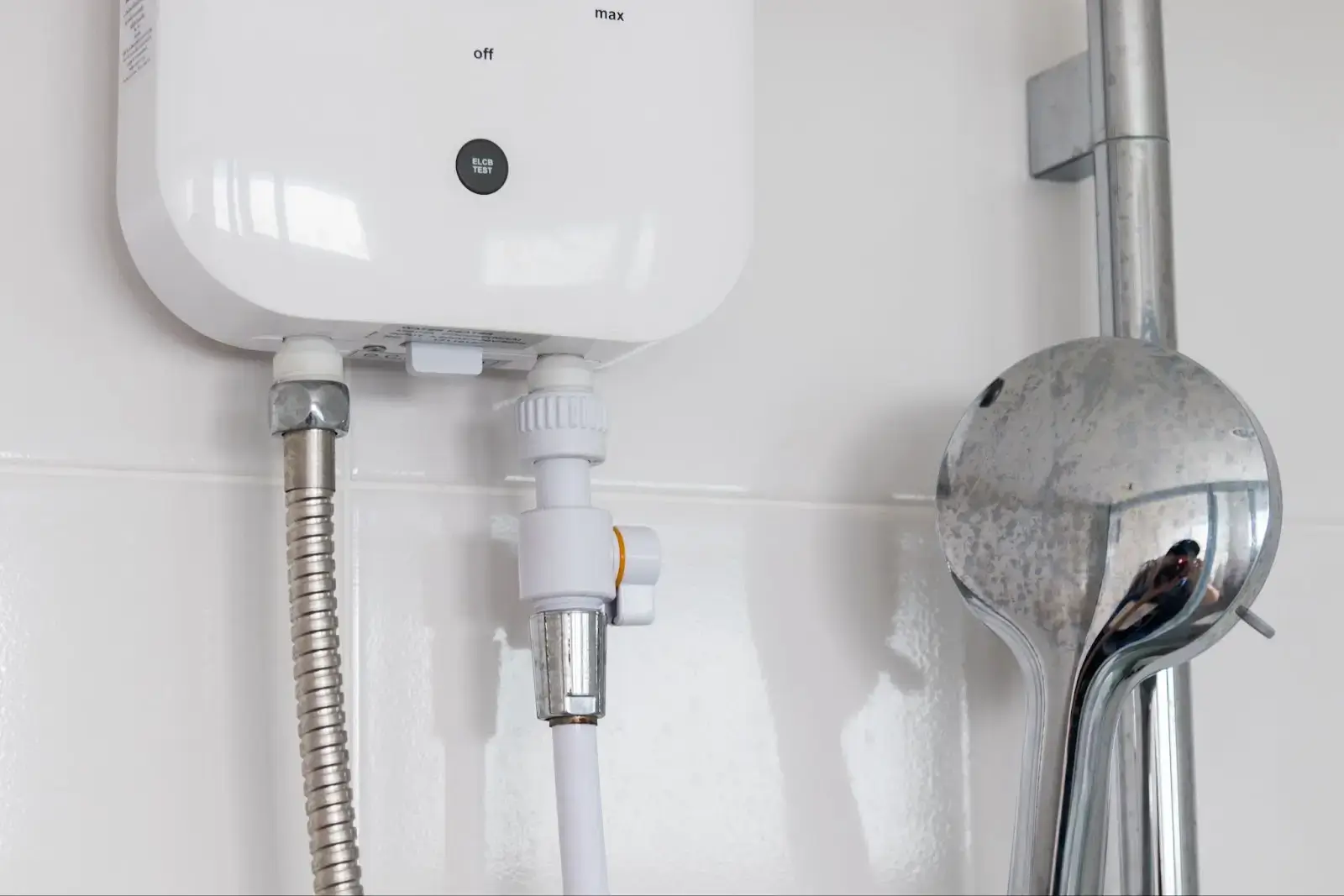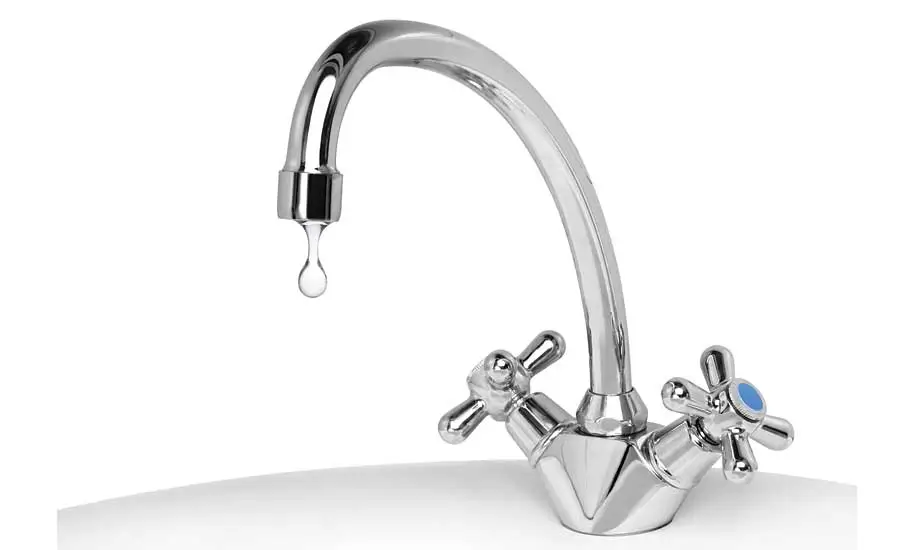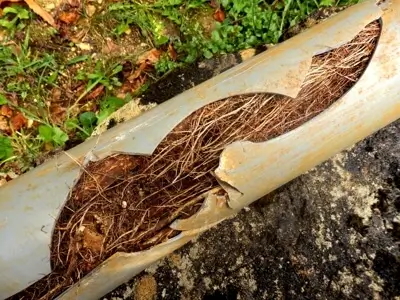Tired of dealing with a hot and stuffy house? If your air conditioner isn't running as efficiently as it should, a refrigerant leak could be the culprit.
Freon is a refrigerant used in most AC units to cool the air inside your home, but if it's low, you may start to experience some problems.
In this article, we'll explain what Freon is and how long it should last before needing to be refilled. We'll also discuss the signs that indicate your AC may be low on Freon so you can catch any potential issues early and avoid costly repairs down the road.
Finally, we'll explore why refrigerant levels may drop over time and what steps you need to take if there’s a leak in your system. With this information at hand, you can make sure that your AC runs like clockwork all summer long.
What is Freon?
Freon is a colorless and odorless gas, also known as R-22, and is the most commonly used coolant in air conditioning systems. This coolant is a chlorofluorocarbon (CFC) that contains chlorine, fluorine, carbon, and hydrogen molecules. CFCs are non-toxic, non-flammable, and stable at room temperature which makes them an ideal choice for cooling applications.
Freon has been used in many different types of applications since its introduction in the 1930s. While its most common use is in home air conditioning systems, Freon can also be found in upright freezers and chest freezers as well as commercial and industrial products such as food transportation equipment and cold storage warehouses.
The use of Freon has been scrutinized because of its potential to damage the ozone layer due to its chlorine component. In 1974, a researcher at the University of California hypothesized that CFCs were damaging the ozone layer. This prompted years of research by the National Academy of Science and the eventual banning of CFCs from aerosol cans in the United States. This led to more research into utilizing more ozone-friendly refrigerants such as hydrochlorofluorocarbons (HCFCs) or hydrofluorocarbons (HFCs).
Despite the controversy, some homes may still be using R-22 freon in their cooling systems—especially if their systems are more than 10 years old.
How Long Does Freon Last?
The answer to the question of how long Freon should last in an air conditioner is not as simple as it seems. While the theory suggests that refrigerant should never run out, this isn't always the case.
The actual longevity of refrigerant in an air conditioner depends on several factors, including how old the unit is and how well it is maintained. Generally speaking, a properly maintained air conditioner can expect its refrigerant to last around 10-15 years or longer—depending on usage frequency and environmental wear and tear.
To ensure your refrigerant lasts as long as possible, regular maintenance is key. Regularly cleaning the coils and refrigerant lines helps reduce wear and tear that may lead to leaks or other damage.
Adding extra insulation to refrigerant lines can also help prevent heat loss during cooling cycles. Other measures such as regularly changing air filters can also help keep your system running smoothly for a longer period of time.
Taking these preventative steps will ensure that your refrigerant lasts longer, so you can get the most out of your air conditioning system.
Signs Your AC is Low on Freon
If you're worried your air conditioner is running low on refrigerant, the following signs can help you identify when it's time for a refill.
Higher Energy Bills
When your AC is low on refrigerant, it's forced to work twice as hard to keep up with the cooling demands of your home.
As a result, energy efficiency can drop significantly, which will later reflect in your energy bills. On top of that, your AC can become prone to overheating, eventually leading to the early deterioration of the system.
Air Conditioner Blows Hot Air Instead of Cold Air
Unlike heat pumps, air conditioners are designed to only cool the air in a given area. If your air conditioner is suddenly emitting hot or warm air instead of cold air, this is a clear indication that it may be running low on refrigerant.
Of course, there are other reasons why your AC might start producing warm or hot air. This includes a clogged filter, damaged compressor, or cracked condenser coils.
If you're unsure what's causing this issue, talking to a professional can help you identify the problem quickly and safely.
Frost Buildup on Indoor AC Coil
Since Freon is a refrigerant, it maintains a consistent temperature regardless of the ambient temperature. As the refrigerant circulates through your air conditioner, it cools the coils to ensure the unit keeps up with cooling demands.
However, when refrigerant levels drop too low, the coils lose their ability to maintain temperature and can start to accumulate frost. This may lead to further reduction of refrigerant levels in your AC system as the refrigerant evaporates faster due to its contact with cold surfaces.
Bubbling or Hissing Noises
If you start to hear bubbling or hissing noises coming from your AC, it's time to call an HVAC technician. This is usually a sign that coolant is leaking out of the system, which could be due to many reasons including a damaged compressor, loose connections, and cracked lines.
Reasons Your AC Could Be Low on Freon
If your AC is low on coolant, it's important to identify and fix the underlying problem before refilling. The most common culprits are usually a refrigerant leak somewhere in your air conditioner.
A Freon leak can occur anywhere along the coolant lines or due to a damaged compressor seal. Seals may become damaged due to wear and tear over time, or because of a sudden temperature change that causes the metal in the seal to expand.
Another potential cause is corrosion inside your air conditioner's refrigerant lines. If moisture has managed to get into the refrigerant system, it can corrode copper lines from within, which eventually leads to leaks.
How to Check for Refrigerant Leaks?
If you think your AC is low on coolant, the first step is to check for leaks in your coolant system. Using a UV leak detector dye, you can identify any area where the coolant has escaped from your air conditioning system.
The dye will change color if it comes into contact with refrigerant gas and point out exactly where the coolant is leaking from. This will help you and your HVAC technician to identify any potential damage, so you can repair or replace it quickly and efficiently.
How Often Should Freon Be Refilled?
You shouldn't have to refill the coolant inside your air conditioner. This is because coolants are meant to last a lifetime inside your AC.
The only time you have to replenish your coolant levels is if there's a leak in your system. Otherwise, it's best to leave your AC refrigerant alone.
What to Do If You Have a Refrigerant Leak?
If you suspect a refrigerant leak in your AC unit, the first thing you should do is turn it off and call an HVAC technician for help. A professional will be able to identify where the leak is coming from and fix it using the appropriate tools and techniques.
Should I Refill My Own AC Freon?
In most cases, coolant can be safely and successfully refilled in your air conditioner after the leak has been repaired. However, if coolant levels drop too low, it could cause more serious damage to your AC unit.
It's important to note that coolant needs to be handled with care since it's a toxic chemical. You should never attempt to refill the coolant in your air conditioner on your own as it can be dangerous if done incorrectly.
By keeping an eye out for the signs listed above, you'll be able to identify when your AC is running low on coolant and take action before any serious damage occurs.
Preventing Future Freon Problems
Regular professional HVAC maintenance can help reduce the risk of coolant problems and other issues. A professional technician can inspect your AC unit for any potential coolant leaks, refrigerant line corrosion, worn-out compressor seals, and clogged filters. They can also check for signs of wear and tear in the system, such as damaged electrical wiring or worn condenser coils.
Having a professional inspect and maintain your AC on a regular basis will help keep coolant levels stable, ensuring that your air conditioning unit operates efficiently and correctly. This can save you money in the long run by keeping your energy bills low and avoiding costly repairs.
Efficient and Reliable HVAC Maintenance and Repair Services in Portland
Sunset Heating and Cooling is dedicated to providing its clients with top-notch HVAC services.
Our experienced technicians are certified experts in air conditioning, refrigeration systems, heating repairs, and more. We guarantee efficient, reliable solutions that meet the specific needs of each customer.
At Sunset Heating and Cooling, we understand the importance of coolant levels in efficient air conditioning. Our technicians can check Freon levels, troubleshoot leaks and issues, refill coolant as needed, and provide preventive maintenance to avoid future coolant problems.
We are committed to delivering cost-effective solutions that will keep your AC running smoothly for years to come!
If you have further questions about our AC repair and maintenance services, please don't hesitate to get in touch.
Call (503) 500-5866 today to get a free estimate.
We look forward to hearing from you!







